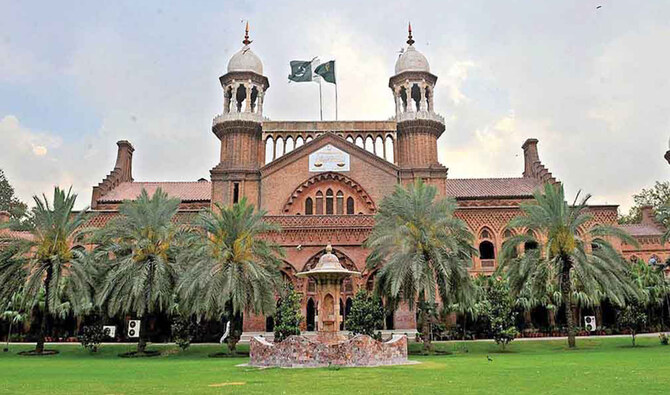LEGAL

Senior Supreme Court judge Justice Mansoor Ali Shah has observed that delayed justice is not only a denial of justice but often leads to the death of justice altogether. His remarks came in a detailed verdict in a property auction case that had remained pending in different courts for 14 years.
The case was heard by a two-member bench comprising Justice Mansoor Ali Shah and Justice Ayesha Malik on July 18. The Supreme Court released its four-page judgment 28 days later on its official website.
According to the verdict, the property in question was auctioned in 2011. The petitioner immediately filed objections, but the matter remained pending in the Peshawar High Court for an “extraordinary” 10 years, until a decision was finally issued in 2021. The case reached the Supreme Court in 2022, and was taken up three years later in 2025. During the course of proceedings in the apex court, neither the petitioner nor any of his representatives appeared before the bench.
Citing official statistics, the judgment pointed out that more than 2.2 million cases are currently pending in courts across the country. Despite an increase in the number of Supreme Court judges, around 56,000 cases remain undecided in the top court alone.
Justice Mansoor Ali Shah wrote that such delays weaken public trust in the judicial system and erode the rule of law. He particularly underlined that the weakest and most vulnerable segments of society suffer the most due to prolonged litigation and systemic inefficiencies.
The judgment strongly recommended adopting a modern case management system, identifying old and long-pending cases for priority hearing, and integrating artificial intelligence into court processes to streamline procedures. “Delay in justice is not inevitable,” the verdict emphasised, “but can be eliminated through institutional reforms.”
The remarks have reignited debate on long-overdue judicial reforms and the need to expedite justice delivery in Pakistan.




